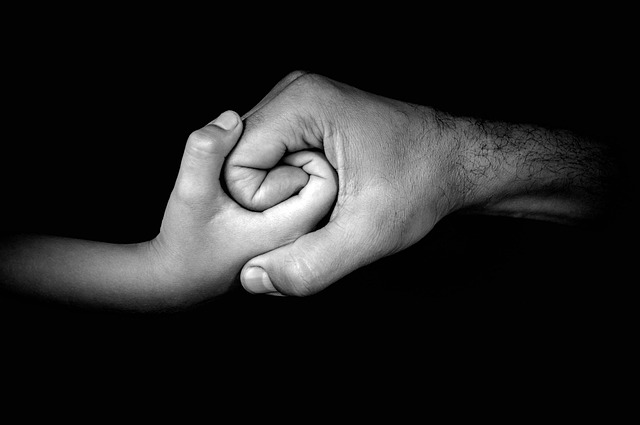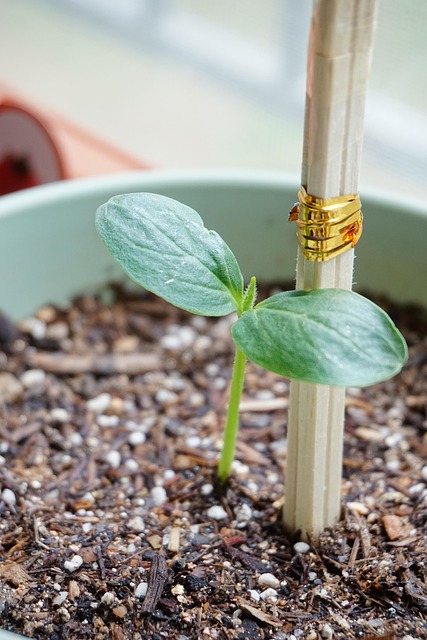Oregon's child welfare system is a complex network of agencies, including DHS, foster care providers, and community organizations, working together to protect and support at-risk children and families facing challenges like substance abuse and domestic violence. A strong network of child welfare advocacy groups champions the rights of vulnerable youth, driving systemic change and providing support in areas such as mental health services, education, placement options, and permanency planning. Oregon prioritizes foster family support with training programs, local groups, financial aid, medical coverage, and educational resources, while non-profit organizations offer after-school programs, counseling, and recreational activities. Legal Aid for Children in Care provides free legal services to protect the rights of children involved in the system, collaborating closely with agencies and advocates to ensure stability and positive outcomes for Oregon's vulnerable youth.
Oregon boasts a robust network of child welfare advocacy resources, supporting both vulnerable youth and their families. This article explores the intricacies of Oregon’s child welfare system, highlights influential advocacy groups, and showcases the available support for foster families. Furthermore, it delves into crucial legal aid options specifically tailored to children in care. By understanding these resources, folks can navigate Oregon’s child welfare landscape effectively, fostering positive outcomes for at-risk youth.
- Understanding Oregon's Child Welfare System
- Advocacy Groups and Their Mission
- Supporting Foster Families: Resources
- Legal Aid for Children in Care
Understanding Oregon's Child Welfare System

Oregon’s child welfare system is designed to protect and nurture at-risk children and families, focusing on safety, permanency, and well-being. It involves a network of agencies, including the Department of Human Services (DHS), foster care providers, and various community-based organizations dedicated to child welfare advocacy Oregon. This intricate system navigates complex challenges, such as substance abuse, domestic violence, and family instability, aiming to provide interventions and support services that cater to each child’s unique needs.
Understanding the Oregon child welfare system is crucial for anyone involved or interested in child welfare advocacy Oregon. It requires a comprehensive grasp of the various services offered, eligibility criteria, and the rights of both children and families throughout the process. By familiarizing themselves with these aspects, individuals can better support at-risk youth and contribute to positive outcomes, ensuring that every child has access to the resources they need to thrive.
Advocacy Groups and Their Mission

Oregon boasts a robust network of child welfare advocacy groups dedicated to improving policies and practices for vulnerable youth. These organizations play a pivotal role in ensuring that the rights and well-being of children are protected. Their collective mission is to advocate for systemic change, promote innovative solutions, and provide support to both children and families within the child welfare system.
These advocacy groups address various aspects of child welfare, including mental health services, education, placement options, and permanency planning. They collaborate with policymakers, service providers, and communities to raise awareness, challenge disparities, and drive evidence-based reforms. By amplifying the voices of children and families, these organizations strive to create a more responsive and effective Oregon child welfare system.
Supporting Foster Families: Resources

Oregon offers a multitude of resources to support foster families, reflecting its commitment to child welfare advocacy. These include comprehensive training programs designed to equip parents with the necessary skills to care for and nurture children in their custody. Many local communities also host support groups where foster parents can connect, share experiences, and find emotional assistance from peers facing similar challenges.
Additionally, Oregon’s child welfare services provide access to financial aid, medical coverage, and educational resources for foster families. These benefits ensure that both the children and their caregivers receive the necessary support to thrive. There are also numerous non-profit organizations dedicated to enhancing the lives of foster kids, offering after-school programs, counseling services, and recreational activities tailored to their unique needs, further enriching the overall child welfare advocacy ecosystem in Oregon.
Legal Aid for Children in Care

Children involved in Oregon’s child welfare system often require legal support to ensure their rights are protected. Legal Aid for Children in Care plays a vital role in this regard, providing free and confidential legal services tailored to meet the unique needs of youth in foster care or those at risk of placement. These services encompass a range of areas, including representation in court proceedings, advocacy for educational rights, and guidance on important legal matters that can significantly impact a child’s future.
The organization collaborates closely with child welfare agencies and other advocates to offer comprehensive legal assistance. They help children navigate complex systems, ensuring their voices are heard and their best interests are upheld throughout the legal process. This dedicated support is crucial for fostering stability and positive outcomes in the lives of Oregon’s vulnerable youth, ultimately strengthening the state’s child welfare advocacy efforts.






